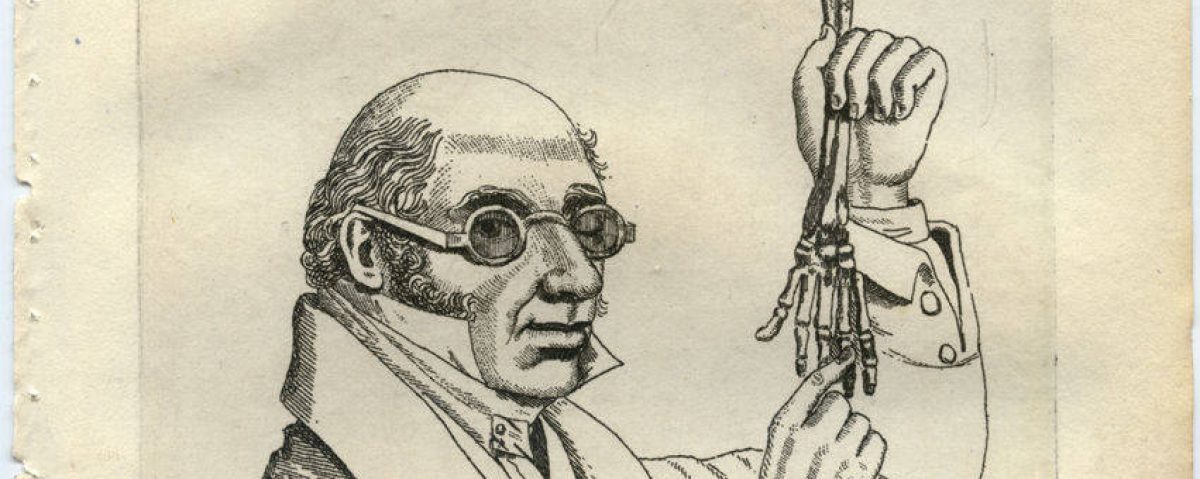During the discussion, we talked about if we agree or disagree with the idea of education becoming an act of depositing and students being the depositories and the teacher is the depositor. Everyone in the group agreed that we believe this is happening in education today. We talked about how teachers should become more hands on with what they teach instead of giving the information to the students and making them memorize instead of comprehending. I believe that this pertains to mostly high school from what I have experienced. Students need to understand the knowledge they are being taught to help better their education instead of listening to information that comes in one ear and goes straight out the other. Having a class where the teacher gives the students readings out of a textbook and no review of what they read about is a waste of time for the students and for the teacher. Education should be about understanding and reviewing information in a class in order to be successful. This topic is important to me because my high school’s education system was very similar to this concept and I believe it has affected my ability to learn. Being taught memorization with no comprehension puts me behind as a student. I agree that teachers teach students in this way and I believe it is a major problem.
Discussion with Dana Roeder, Isabella DeSario, Sami Kakar, Nick Nolan, Abbey Johnson
